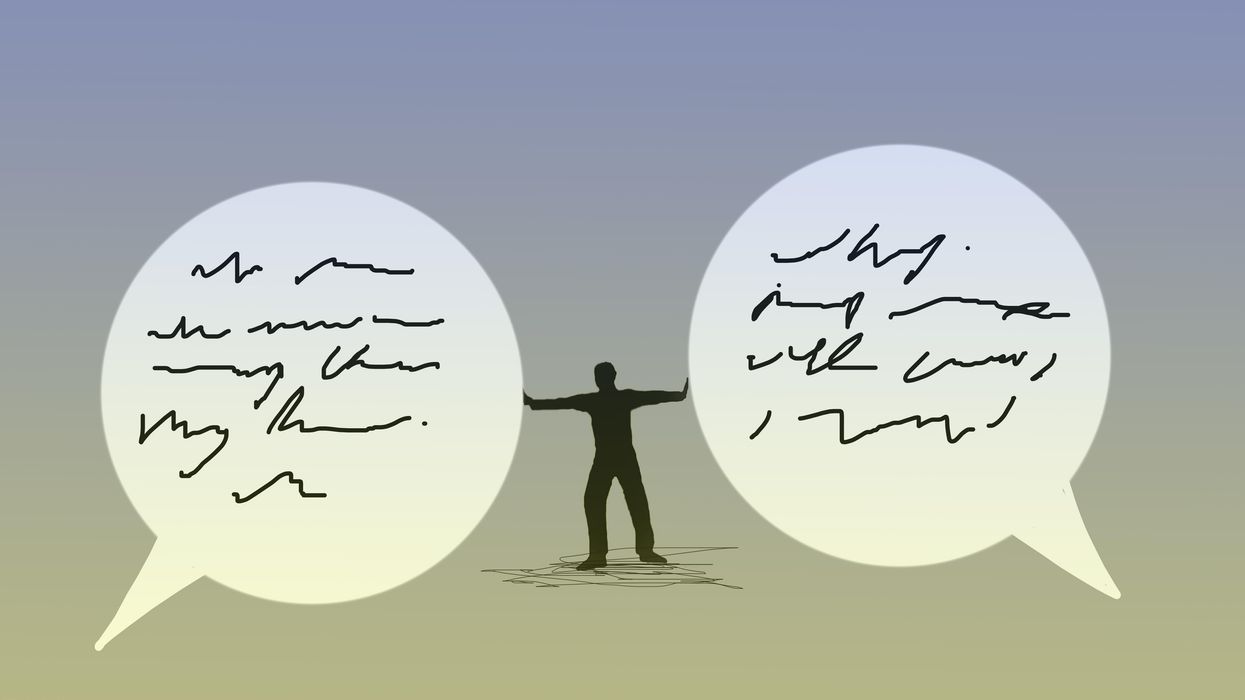Earlier this year, I joined in the work of Urban Rural Action, founded by Joe Bubman. URA's primary mission is to bring together Americans across geographic, political, racial, and generational divides to build relationships, strengthen collaboration skills, explore different perspectives and tackle issues that impact all communities.
Being fully transparent, I am often suspicious of bridge-building efforts and I initially was reluctant to fully embrace the work. This is not because I do not believe in the premise, but because the end goal is often simply civility. Put another way, if we all just agree to not critique or debate then we can all just get along. Joe and I have had this discussion and he admitted in his own reflection that "We bridge-builders too often view the problem through a narrow lens."
For many of us this is hard to admit, but even our well-intentioned initiatives privilege some voices over others and in subtle ways uphold the status quo. As a result, consensus is formed and we spend more time, in the words of Anand Giridharadas, marketing "the idea of generosity as a substitute for the idea of justice." Ghiridharas related this to what he called the Aspen Consensus, which says, "Do more good" — not "Do less harm." ( The Aspen Institute from which this consensus is derived, is in a loose network of many of these bridge-building organizations.) Rarely is consensus a road to justice.
This may be problematic to some of you, but our beloved President Abraham Lincoln stated, "If I could save the Union without freeing any slaves I would do it; and if I could save it by freeing all the slaves I would do it." Our calls for unity cannot come at the expense of those on the underside and while we are on the issue of slavery, we have to stop treating it as a footnote to American history and truly wrestle with how it has and continues to shape our nation.
Wrestling with our collective past has the potential to free us from guilt and move us toward reclaiming our shared humanity. As James Baldwin stated, "Guilt is a very peculiar emotion. As long as you are guilty about something, no matter what it is, you are not compelled to change it."
Wallowing in guilt is not the way forward, but neither is pretending that it never happened. Going along just to get along may be the easiest way to navigate this system, but it is also a sure way to maintain more of the same. Some of us need to become more comfortable in being uncomfortable. And perhaps even more challenging, some of us need to become comfortable in making others feel uncomfortable. It will be crucial to individual and shared growth. Too often we want to silence disruptors who insist on remembering, but every critic is not an enemy.
This past fall, I had the privilege of being chosen to participate in the Civic Saturday Fellowship, a program of Civic University. Civic Saturday is a civic analog to a faith gathering. Civic Saturdays are arranged in this format because the founders understood that organized religion has figured out a few things about how to bring people together, about how to create a language of common purpose and about how to use story and narrative to spark people's reckoning with their own shortcomings, weaknesses and aspirations.
Civic Saturdays serve to remind all of us that we are in this together, shaping the future of our communities and country. While we all approach it differently, we are working to realize the promise of our democracy. Many think democracy is already established, but democracy is an idea that is still being perfected and until we break our routines, democracy will remain static.
In one of my civic sermons I stated, "we have to embrace the discomfort that true patriotism requires and be willing to contend with difficult questions. An example of this would be to ask, how do African Americans hold in tension the legacy of systemic racism and have pride in this Country?" We are too quick to move past the fact that Black people arrived on these shores as legal property and even after their citizenship was achieved Black Americans' relationship with democracy has remained complicated.
This an issue that for many creates discord, but it must be acknowledged. So when we gather together to embrace democracy, we must hold on to that tension and refuse to flatten the texture and grain of our varied lived experiences. Many of us want to find ways that our voices can flourish together, but we must anticipate that it might take what sounds like struggle along the way. Perhaps through this grappling, we will save our civic souls.




















Trump & Hegseth gave Mark Kelly a huge 2028 gift